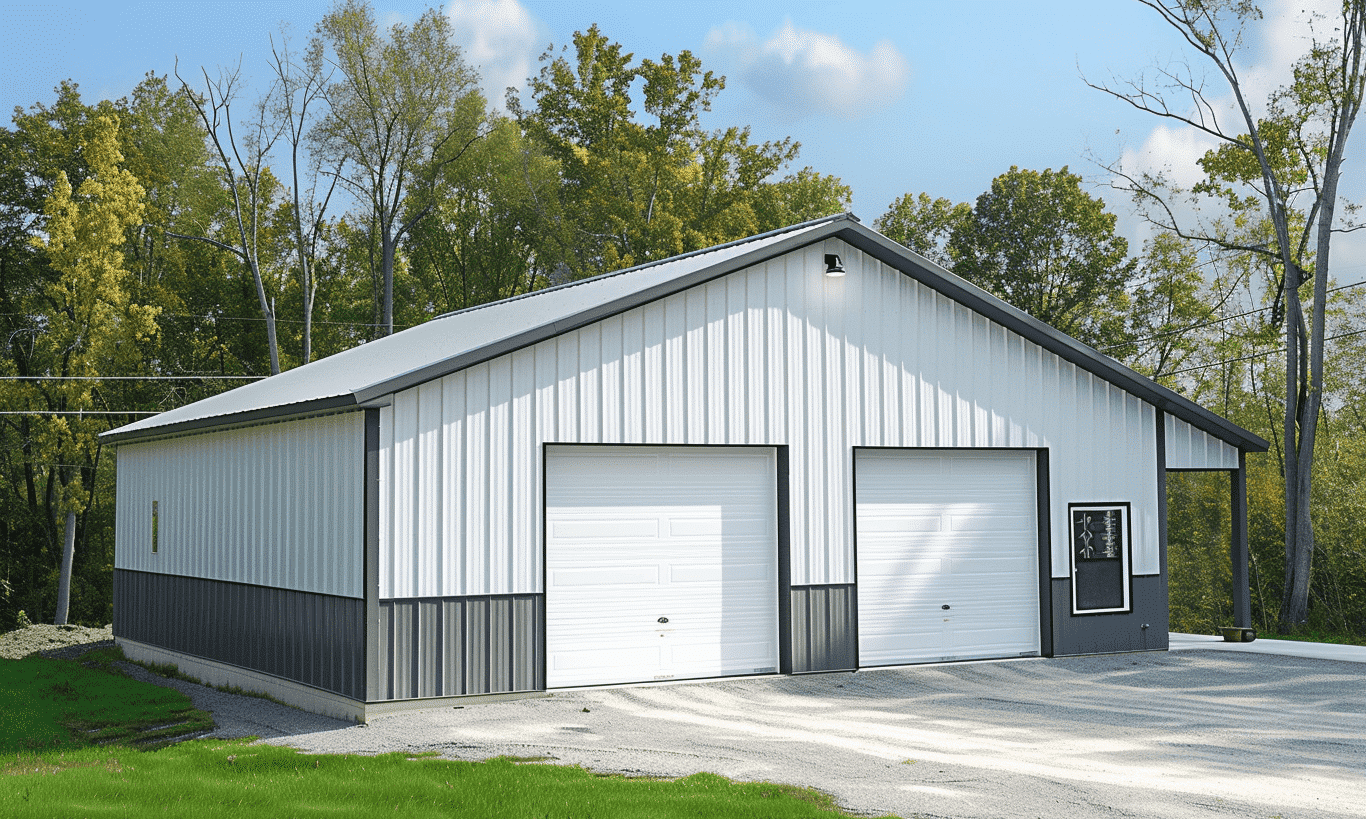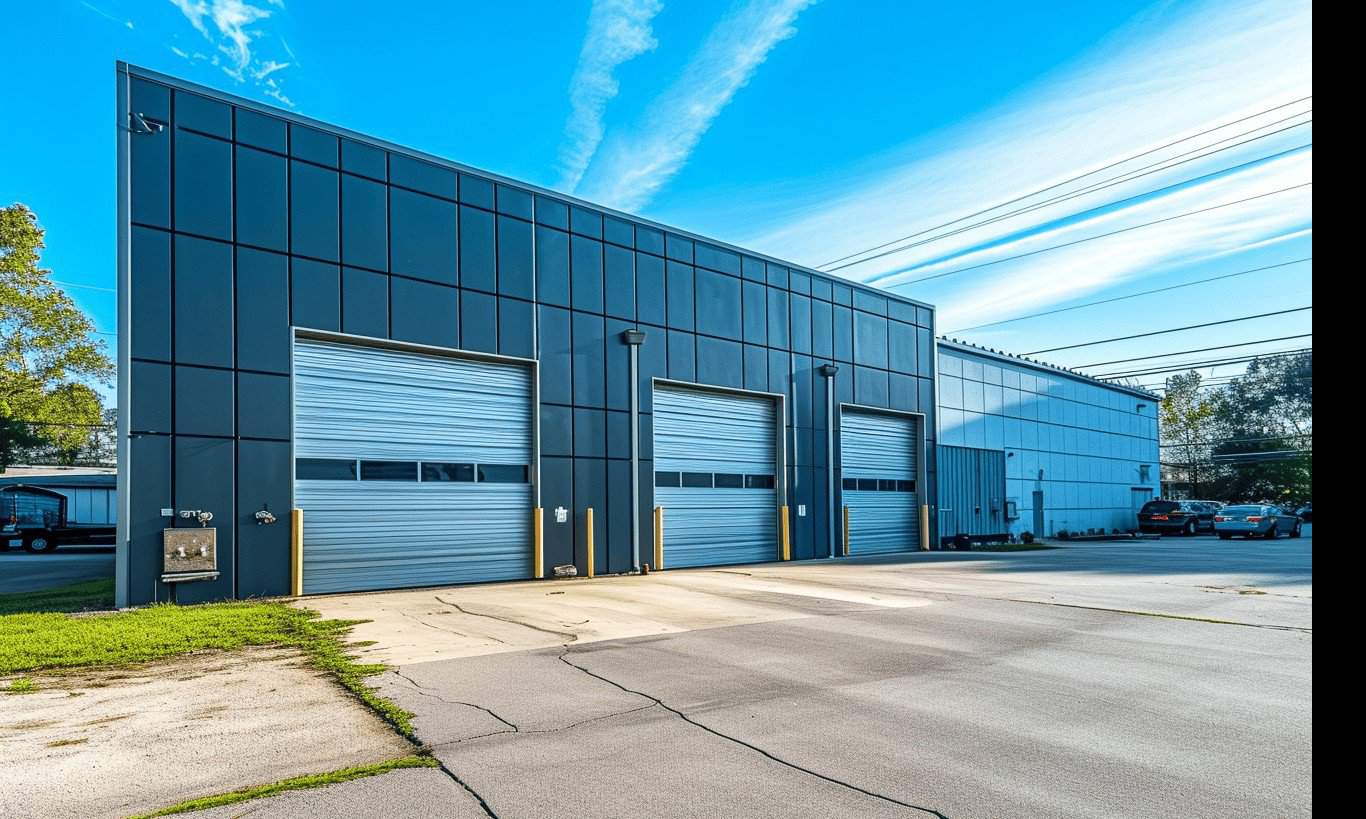Addressing the Critical Involuntary Addiction Treatment Bed Shortage in Canada
On October 11, 2024, Ya’ara Saks, the federal Minister of Mental Health and Addictions, voiced her concern regarding the lack of beds for involuntary addiction care in Canada. Her assertion highlights a chilling fact that the nation’s healthcare system is not adequately prepared to manage the growing surge of addiction and mental health crises. This article delves into the implications of her statement, especially concerning construction and real estate development sectors.
Healthcare Infrastructure and Real Estate Development
The scarcity of beds for addiction treatment, according to Saks, necessitates the expansion and improvement of treatment services across provinces and territories. This is indeed a red alert for Canada’s healthcare infrastructure and presents opportunities for the construction and real estate development sectors.

Consider, for instance, the recent rise in modular building developments. The voracity for innovation in construction design, combined with the urgent need for care centres, can lead to the expedited establishment of temporary or permanent care facilities.
Implication for Mental Health Facilities
The surge in mental health and addiction challenges in this era calls for an overhaul in the handling of these issues. A lack of specialized facilities contributes to the dismal situation, forcing many individuals struggling with mental health conditions and addiction into the general health system. This predicament heavily strains the health system, segregating involuntary addiction treatment from mainstream healthcare, making the case for separate, specialized infrastructure.

Necessity for a Real Estate Development Shift
Sak’s call for the expansion of health care services signals the need for change in the real estate development sector. Construction and real estate companies must seize this as an opportunity and adapt a paradigm shift in focusing more on healthcare infrastructure. By exploring modern metal building techniques, developers can hasten the construction process and provide robust structures designed to accommodate the needs of modern healthcare.
Canada’s Call to Action for Construction and Real Estate Developers
As Canada grapples with the challenging task of expanding addiction treatment infrastructure, there needs to be a concerted effort from all sectors. The construction and real estate industry has to play a critical role, bringing their expertise to bear in designing and creating suitable facilities.

Could this be the driving force towards healthier communities? Could we witness construction firms and real estate developers joining hands with healthcare professionals to morph the face of Canadian healthcare infrastructure?
Conclusion
Amid mounting addiction and mental health crises, Canada’s lack of necessary facilities must be addressed immediately. A robust medical infrastructure, designed to suit the needs of a 21st-century healthcare system, would inevitably help effectively manage these crises.
As stakeholders in the Canadian economy, let’s contribute towards this necessary change, share experiences and brainstorm ideas that can move the needle in the right direction. Comments, insights, or questions – we appreciate every input!




